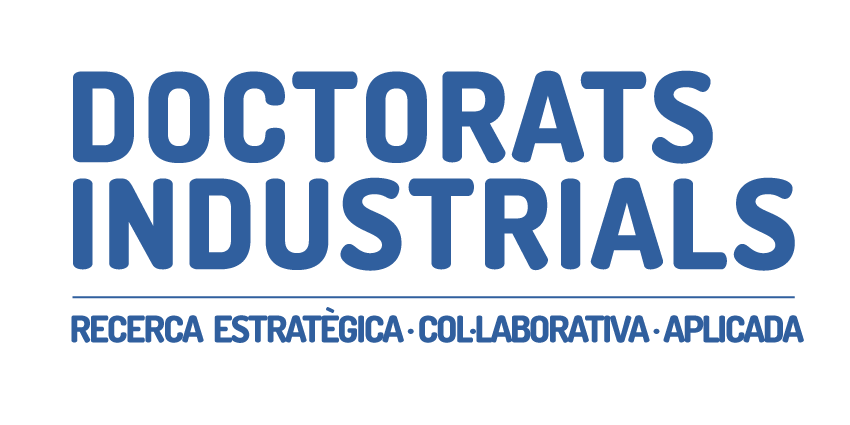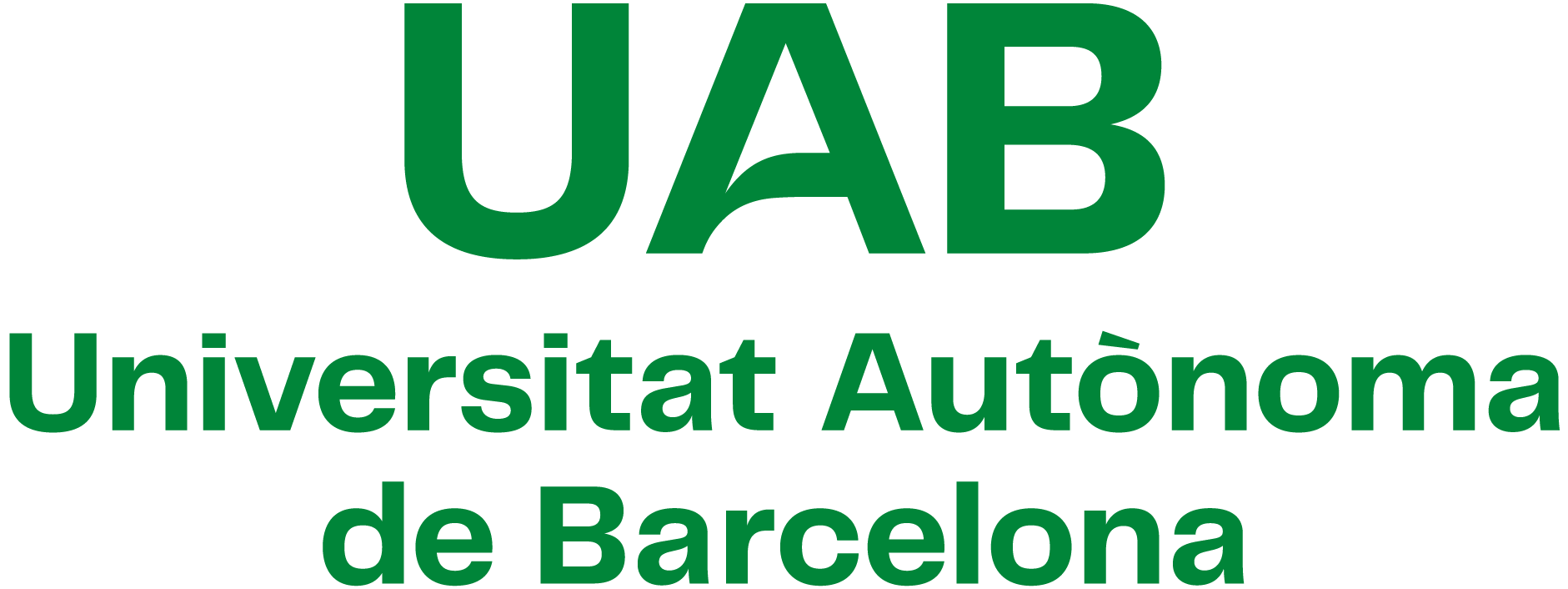Descripció del projecte
Capacitive sensors with no mechanical parts are fast becoming the preferred man-machine inter-face to many applications within the automotive sector. The reliability and flexibility of installing a capacitive sensor array on different curved surfaces has opened a wide range of creative design solutions for innovative user interface features. Capacitive sensor arrays can now be found on nu-merous devices in an automobile ranging from switches, gauges, buttons, seats, steering wheel and even windows. Typical manoeuvres to interact with the capacitive switches would be touch, gesture, and hover.
Current solutions to these applications involve a complex series of filters and thresholds which are carefully tailored to the specific sensor signal output and behaviour. The advent and success of Ma-chine Learning provide an alternative approach to the existing solution through data-based modelling. Internal studies in Kostal show the huge potential of machine learning to perform equally good or in specific cases even better than the existing implementations in detecting touch, gestures, and force.
The performance of such machine learning algorithms rely heavily on the collected sensor data and perform very well as long as the sensor function is stable. Handling the dynamic nature of the sensor signal under differing external conditions such as temperature, Electro-Magnetic Interference etc. still remains a challenge in that collection of data under such extreme conditions is very hard or in some cases impossible. Additionally, other aspects such as contamination, humidity, dirt, and gen-eral degradation also influence the capacitance characteristics over a wide range. Multiphysics simu-lations of the capacitive sensor using tools such as COMSOL capture the steady state functionality very well. Nevertheless, the dynamic nature and interactions of the sensor and its precision to real world data is still open to research.
Physics-based Machine Learning is a sub-field of Machine learning which intends to integrate the data and the mathematical model of the system under observation to solve supervised learning prob-lems while at the same time adhering and respecting the laws and constraints described by the dy-namic system model. Incorporating the physical nature of a capacitive sensor expressed in a math-ematical form in the training of a Machine learning model provides a platform to,
• Build machine learning model that incorporates the physical constraints and limitations de-scribed by the mathematical sensor model into the training of an application,
• Encapsulate the complex multi-physics simulation into a coarse Machine learning model which is quick, robust, and accurate to perform complex interactive simulations and
• Actively integrate mathematical model into the training to learn an application output. The goal of the thesis is to provide the potentials of Machine learning to augment, optimize and enhance the efficiency of existing and future capacitive sensor-based Kostal Products. The development of an integrated ML-CAPS system should boost an increased reliability and quality of Kostal sensors. Simulate the sensor behaviour together with user interaction using Multiphysics simulation tool will provide the foundation to derive a mathematical model that can accurately describe the sensor functionality.
The development of a compact and an accurate description of capacitive sensor would not only provide a quick reference to examine hitherto untested influences of external factors such as temperature, humidity but can also widen the company’s portfolio by helping optimize the production process of the sensor. Innovative approaches such as learning the sensor physics directly will increase the robustness while reducing effects of the degradation of the product and thereby place Kostal as a leading-edge smart-automotive hardware and software provider.
Furthermore, Kostal has developed an automatic method to build the datasets for the interaction of the finger with the sensor arrays thanks to a robot that can provide the required trajectory to simulate a varied set of touches and gestures with different electrical and environmental conditions.
Global scientific objectives in which the PhD research is embedded: Capacitive sensor physics simulation, Machine learning & Deployment
Potential use-cases within Kostal: Capacitive switch touch sensor



